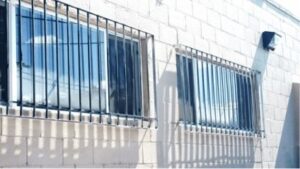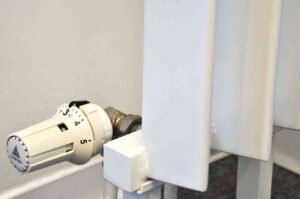Sure! Here’s the translation into American English:
—
A new study conducted at the Hospital del Mar has highlighted a possible origin of chronic fatigue in patients affected by persistent COVID. Researchers from the departments of Pulmonology, Pathology, and Intensive Medicine have discovered that this fatigue may be related to fibrosis in the walls of blood vessels, complicating the adequate oxygenation of muscle fibers and limiting the capacity to perform prolonged exercises.
The research, recently published in the journal Ultrastructural Pathology, is based on muscle biopsies from the quadriceps of 35 patients who were hospitalized during the pandemic. Using electron microscopy techniques, significant fibrosis was observed in the capillary walls supplying blood to the muscles. This finding is consistent with previous observations in other organs of patients who died from COVID-19.
The virus infection causes the destruction of endothelial cells, which form the walls of blood vessels. This destruction leads to thickening that impairs gas exchange, resulting in increased fatigue during physical activity. According to Dr. Joaquim Gea, emeritus head of the Pulmonology Service, this alteration in gas exchange allows patients to engage in brief activities but causes serious difficulties in carrying out more prolonged exercises.
Dr. Joan Ramon Masclans, head of the Intensive Medicine Service, noted that this situation is comparable to conditions such as pulmonary fibrosis or post-intensive care syndrome, suggesting the possibility of developing preventive treatments to address this issue.
Another highlighted aspect of the study is the potential use of muscle biopsy as a diagnostic tool for patients experiencing persistent COVID and chronic fatigue. Dr. Josep Lloreta, a pathologist involved in the research, emphasized that electron microscopy allows for a thorough analysis of the observed pathological changes.
Finally, the researchers suggest that engaging in aerobic exercises could help compensate for the loss of capacity in the affected capillaries, promoting the formation of new blood vessels capable of effectively transporting oxygen. This intervention could provide patients with a significant avenue for improving their quality of life.
via: MiMub in Spanish











